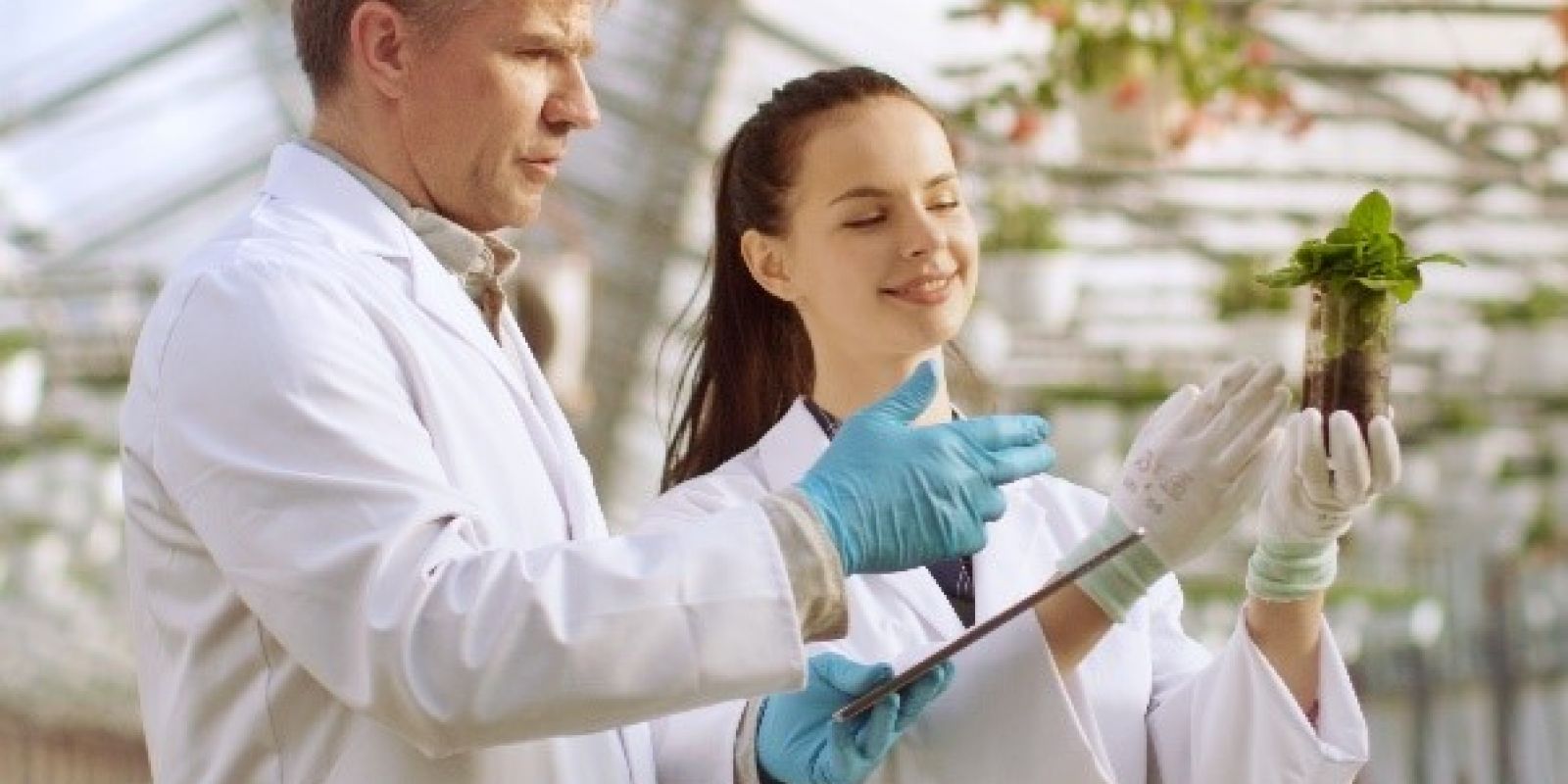Greater Lincolnshire is leading the development of the UK Food Valley programme to position the area as a top 10 global food cluster. With over 75,000 employees in agriculture, food processing and food distribution the LEP has the largest concentration of food chain employment in the UK.
The sector continues to see substantial growth, with over 7,000 jobs created and over £2 billion invested in the last 5 years. The aim is to grow the sector’s GVA by a further 50% by 2030 by embracing technology to deliver enhanced productivity, taking a leadership role on net zero food chains, and by meeting the growing demand for naturally good-for-you foods.
But growing the sector faster than the workforce means that we must focus on higher skilled, higher productivity, and higher paid jobs. Continued growth can only be delivered if we secure the workforce needed and ensure the workforce has the skills to lead technological development and deployment in industry, and we will need new skilled recruits, as well as training and upskilling our existing workforce.
On 24th December 2021, the government announced that the seasonal workers visa route will be extended to 2024, allowing 30,000 seasonal workers to come to the UK in 2022, but alongside this, want industry to focus on reducing the number of migrants, with a planned taper off of the programme from 2023. This focus on higher skilled roles filled by UK workers puts further pressure on the industry to increase its development training, with over 20% of UK horticulture on the frontline of rising to this challenge.
So what are we doing about it?
Greater Lincolnshire has not been slow to embrace this challenge with over £100m already invested in new skills facilities, applied research, and investment in new courses over the last five years.
The National Centre for Food Manufacturing (NCFM) in Holbeach is the UK leader in food chain skills and has led major initiatives such as the National Development of Food Engineering Apprenticeships and local projects such as the creation of the Lincolnshire Institute of Technology (IoT). The IoT was opened in 2021, with an investment of over £15m and is led by a board chaired by industry leaders Bakkavor and OAL. The IoT brings together Colleges across Greater Lincolnshire with an aim to have 1,500 students focused on engineering and digital technology for the food chain within five years.
Bishop Burton, a partner in the IoT, has created a new Showground Campus and now has over 500 students based at this cutting edge £30m investment, which specialises in technology for agriculture. Meanwhile Boston College and NCFM are working with industry, through the Boston Town Deal to open a new £3m Centre for Food and Fresh Produce Logistics in Boston in 2022, to meet the growing need for skills in food trade and logistics.
The University has also created the Lincoln Institute for AgriFood Technology (LIAT), now established as the European leader in agrifood automation and digital supply chains. LIAT leads both major PhD programmes, including the world’s first Centre for Doctoral Training in agri-robotics which started recruiting 50 fully-funded PhDs in 2019, as well as delivering a successful MSc in AgriFood Technology with NCFM which in 2022 now has over 65 students. Click here to hear some of the students and academics talking to the LEP about the new site and courses.
Looking to the future
To reach the full potential the sector offers here, significant further investment is needed and so the UK Food Valley, LEP and partners in industry and academia are working on new initiatives to go much further.
On 13th January the Grimsby seafood cluster launched a new six month £430,000 UK Food Valley pilot programme to help upskill the fish processing workforce in Europe’s largest seafood cluster, supported by the National Centre of Food Manufacturing (NCFM). This programme, which forms part of the government’s Community Renewal Fund (CRF), was a priority project supported by North-East Lincolnshire Council and the LEP.
The seafood sector and NCFM will also use this pilot to shape and design a new centre for food processing education, research and innovation in Grimsby. The aim is to ensure that the food processing cluster, centred on the seafood industry but also including expertise in other foods, food logistics and cold storage, has the expertise locally to drive forward growth.
LIAT has also been successful in securing funding to undertake two important studies in early 2022, with industry partners, to help set out plans for further investment in workforce development and skills.
A grant from the Gatsby Foundation is focused on a foresight exercise to identify the future skills needed to support the adoption of advanced robotic and automation technologies in the agri-food sector. Specifically, for this pilot, the team will address the skills required for the fresh produce sector, in particular companies that pack and semi process fresh fruit and vegetables. This project will report on its findings by July 2022.
A team led by LIAT is also working to develop proposals for a National Agri-Robotics Proving Ground, supported by the Small Business Research Initiative (SBRI) by March 2022. This project will scope the potential for a physical facility to test robot applications in real world conditions, to provide both industry and academia with the facilities needed to develop new technologies.
The UK Food Valley partners are very aware of the skills challenges the industry faces and are adopting a proactive and multi-pronged programme of investment, innovation, and development so that Greater Lincolnshire remains at the forefront of agri-food sector skills development.
To find out more about the UK Food Valley visit the website here.


